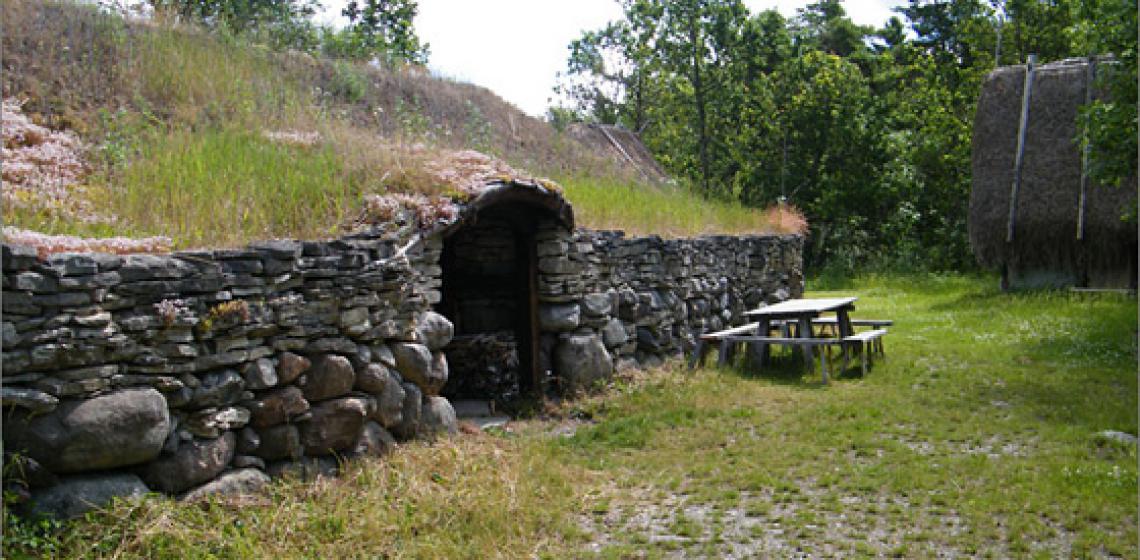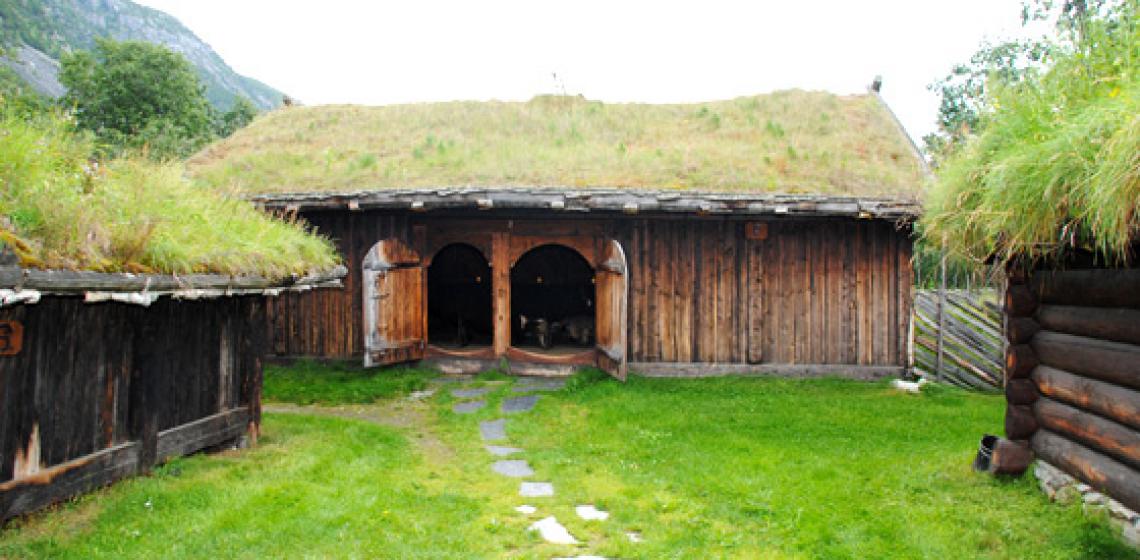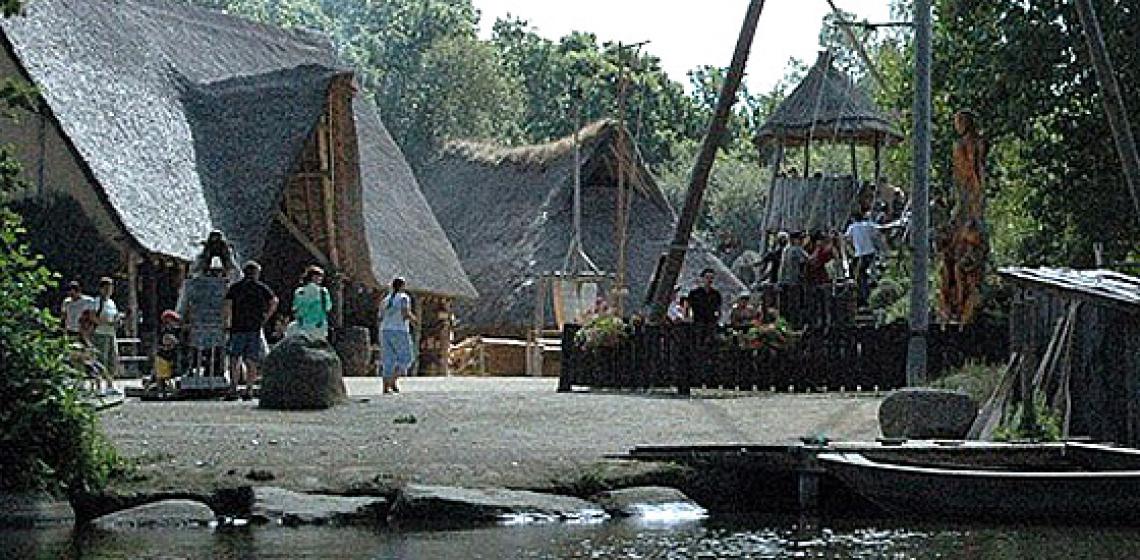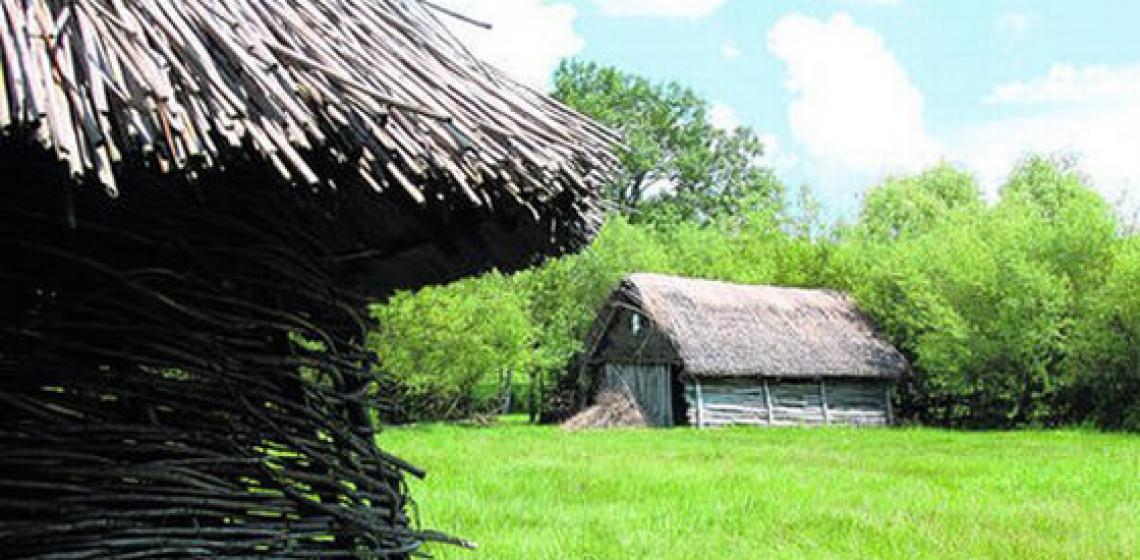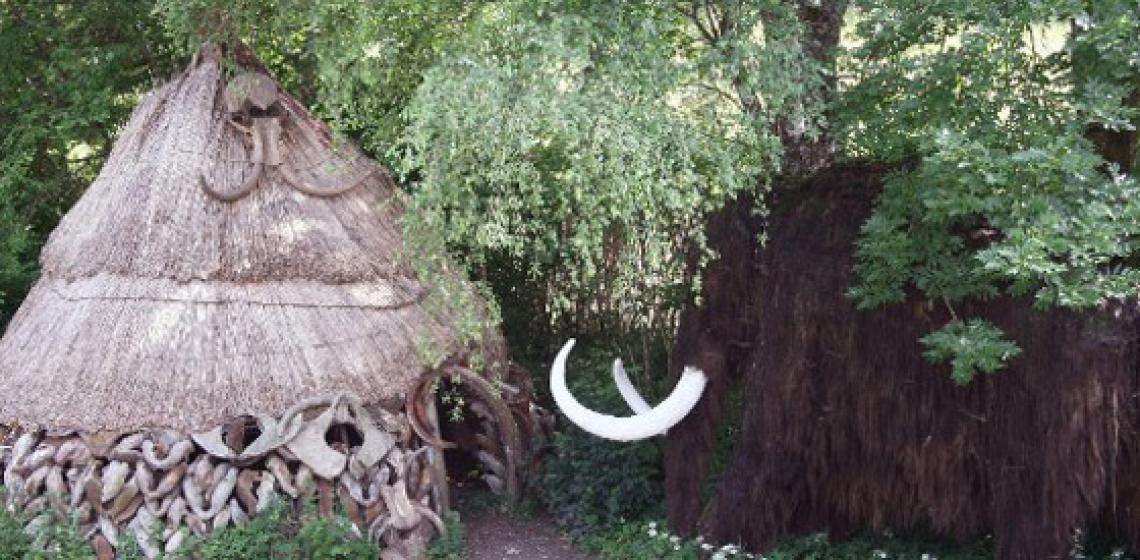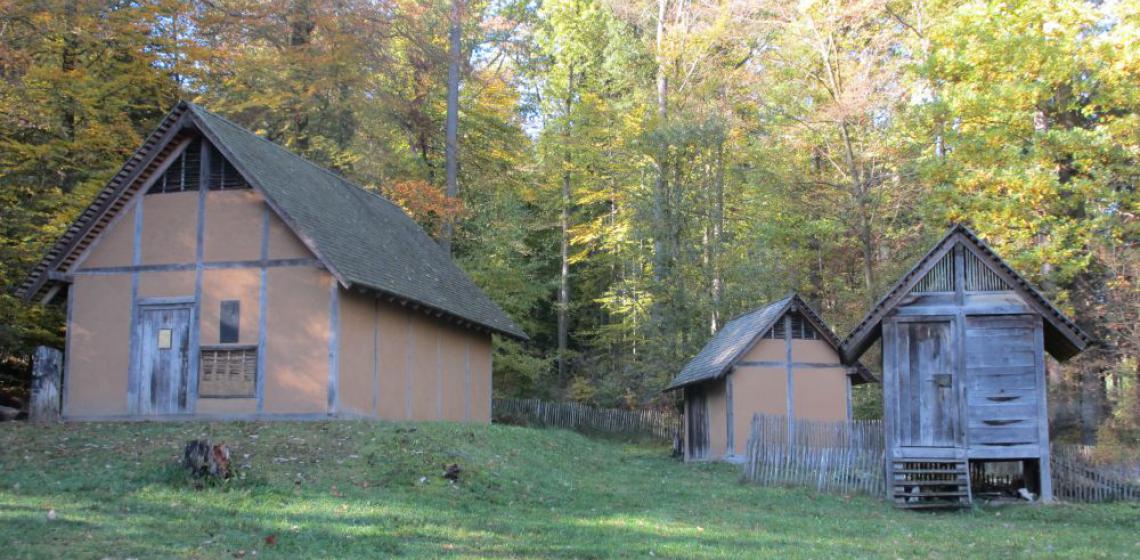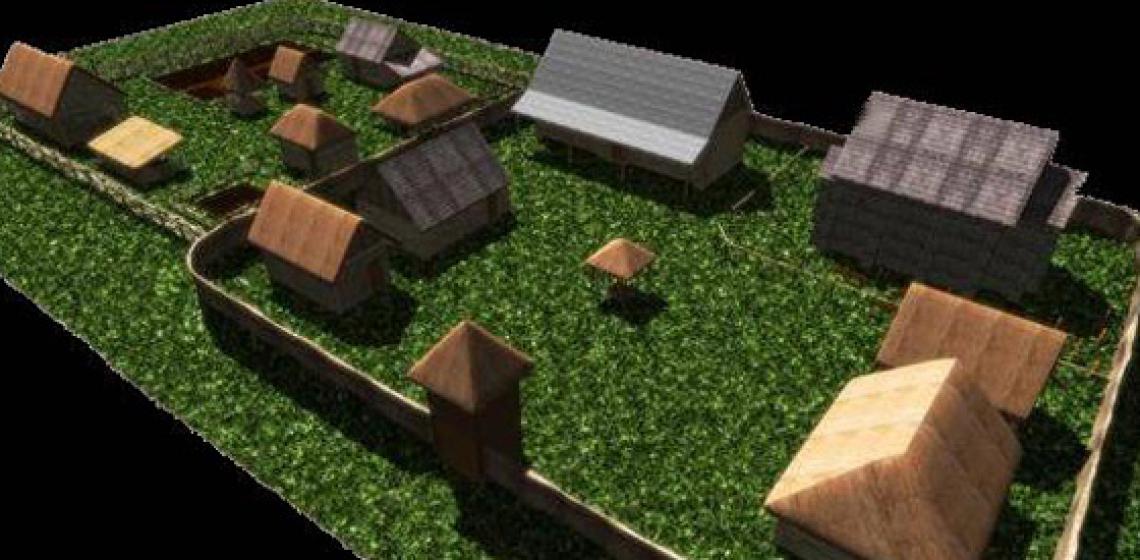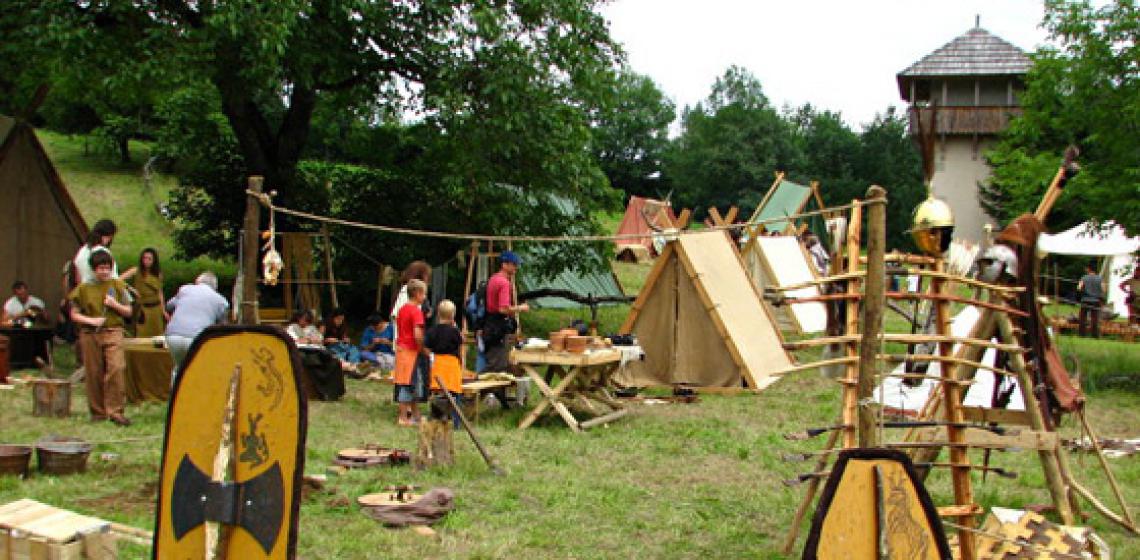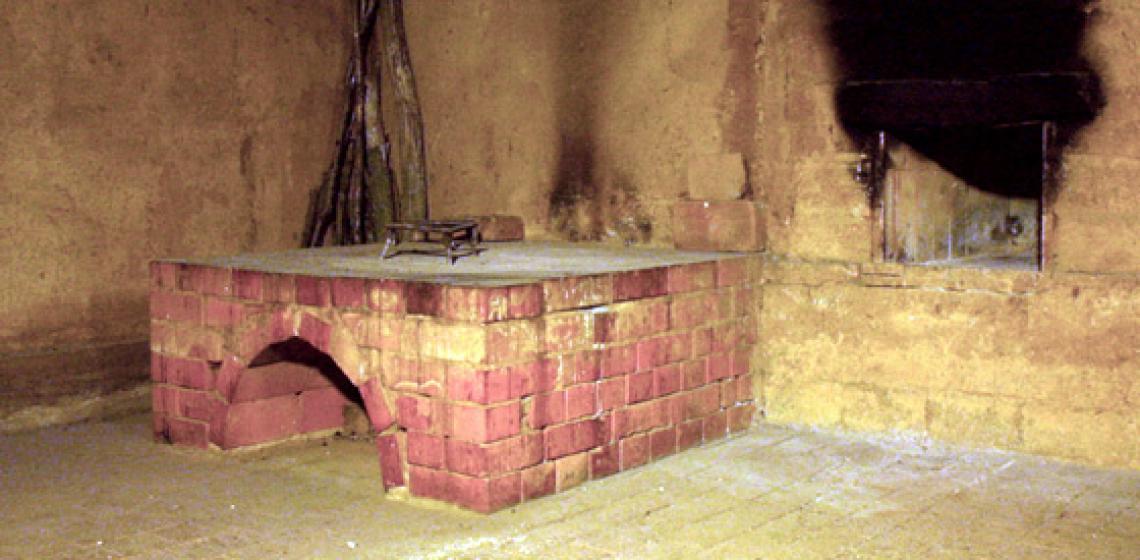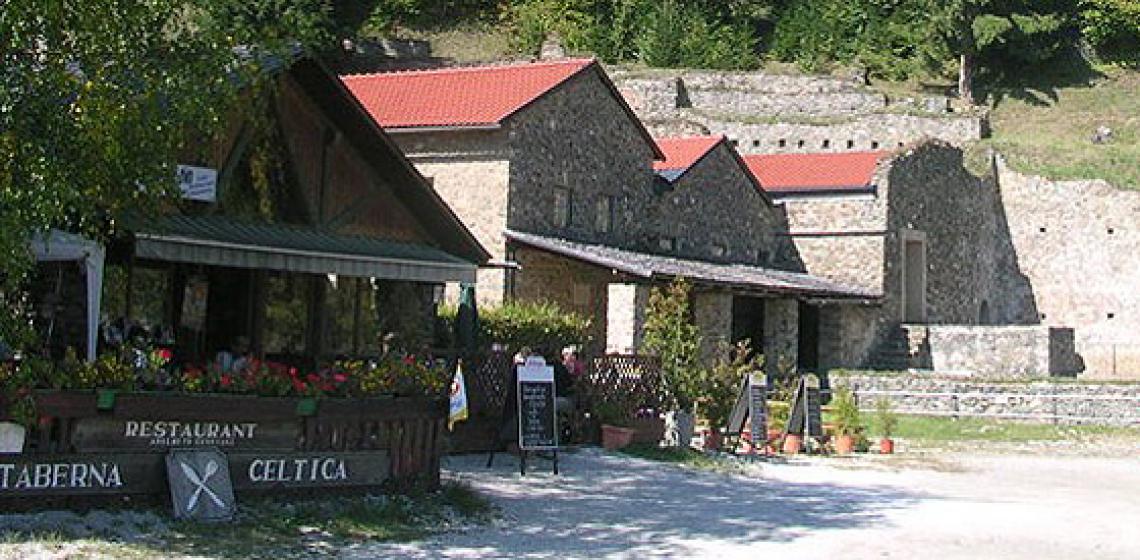Stavgard (SE)
The spring of 1975 a group of secondary school students found a silver treasure from 900 A.D., on a pasture nearby the bay of Bandelunda in Burs pastoral. According to the legend a powerful Viking chief "Stavar the Great" were to have lived here on this place called Stavgard. During the Viking era Stavgard had a large harbour. Excavations from the 1950's and 80's show evidence of intense trade in this well hidden harbour.
The spring of 1975 a group of secondary school students found a silver treasure from 900 A.D., on a pasture nearby the bay of Bandelunda in Burs pastoral. According to the legend a powerful Viking chief "Stavar the Great" were to have lived here on this place called Stavgard...

